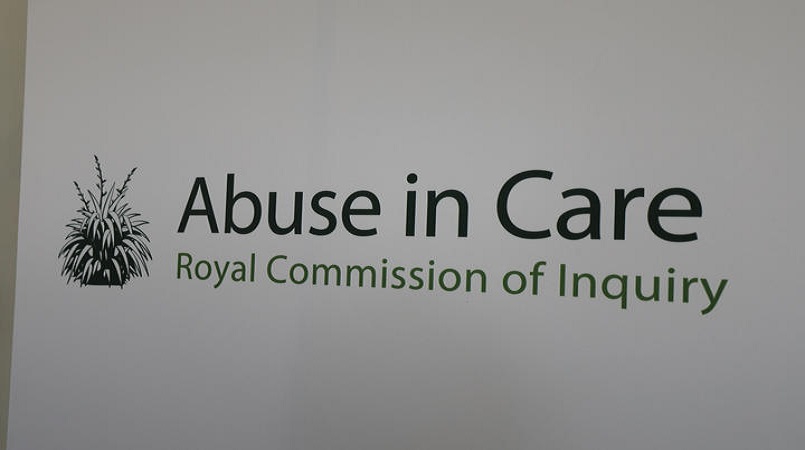
A Samoan man living in New Zealand has described the horrific abuse in care he suffered in children’s home and state facilities, as part of the Royal Commission’s investigation into abuse in care.
WARNING: This story contains graphic details of sexual abuse
The man, known as ‘Mr X’ was in and out of care since the age of nine, when he ran away from abuse that happened at his childhood home.
Speaking at the inquiry’s State Residential Care investigation, the 63 year old's voice was often shaking with emotion while he described the racial discrimination, physical, sexual and psychological abuse he suffered.
Mr X was placed in Ōwairaka, Hokio, Kohitere and Invercargill Borstals, and said the abuse started as soon as he arrived at the Ōwairaka Boys Home in 1971, when he was put straight into the secure units.
“The secure wing is a prison block…these were cells, the same as Mount Eden, the same as any other prison. Solitary. In the cell, you had a steel bed, the walls were concrete block, same as the floor, you had a sink and toilet…and a window that faces into the yard, a window that you were never ever allowed to stand by.”
One of the staff members was dubbed ‘Hitler’ by the resident boys and would use physical abuse as an initiation process.
“You’d have to strip, and even before you’d put on your clothes…you would get beaten, you would get the strap around your legs, your a***, until you’re welted and was nearly bleeding, and the reason for that was to teach us, to keep us in line.”
In the secure unit, the children were locked up except for physical training.
“They would make you run around, do press-ups. Boys used to fall of exhaustion. There was no water, there was nothing.”
Mr X said he was taken to the shower block and beaten by one of the guards when he tried to help another boy.
“I really thought I was going mad, at times I wanted to die. You don’t talk to no one, you sit on your bed, you know what that does to a child? There was no books, there was no writing pad, there was nothing. This was punishment.”
He said there was a culture of sexual abuse and cruelty, and said, one occasion at least two guards were present and laughing while he was raped with a bottle.
“I was sodomised, got a bottle shoved up my backside and was made to walk around for their amusement, so they can laugh at me.”
Often denied healthcare such as showers and basic medical care, Mr X developed an infection from the ongoing sexual abuse and is unable to have children.
Despite being a high achiever, Mr X said he did not have access to education while in the secure unit. “Most of the time we weren’t allowed to go to school. We were made to work, work in the gardens, to clean the place, sweep concrete. If you weren’t white, that’s what happened.”
Although says he’s not racist, Mr X said his experience in care was a ‘parade of white people’ who had no understanding or of his Pacific heritage
“What you believe in and your language and your knowledge of where you come from, it’s all gone, it’s taken. Because you’re not permitted. You weren’t allowed to have those things.”
He also felt the root causes of his trauma were severely neglected by the state.
“Nobody ever ever asked me why I kept running away [from home]. No social worker, no one. Because as far as they were concerned I was a ward of the state and the government owned us, and that’s always what they used to say, “Oh, the government owns you now”.
Raised with a strict religious upbringing, Mr X and his brother were often subjected to physical and sexual abuse.
“Our hidings, our beatings, were fists and boots. It wasn’t a slap, it wasn’t a strap, and when my grandfather got a bit old, then the hidings come [sic] from my uncle and my so-called father.
“My brother remembers when my grandfather had me up by the middle of the neck in the room, like a rag doll, and my auntie had to come and grab me off him.”
This week's hearing is the latest stage in the Abuse in Care Inquiry.
The Royal Commission will examine abuse and neglect of children and young people in residences run by the state, and by independent organisations on behalf of the state.
Sixteen witnesses will give evidence to the Royal Commission on their experiences while in care between 1950 and 1999.
They will talk about sexual, physical and psychological abuse and the effects it has had on them in later life.
Photo file RNZ Pacific
